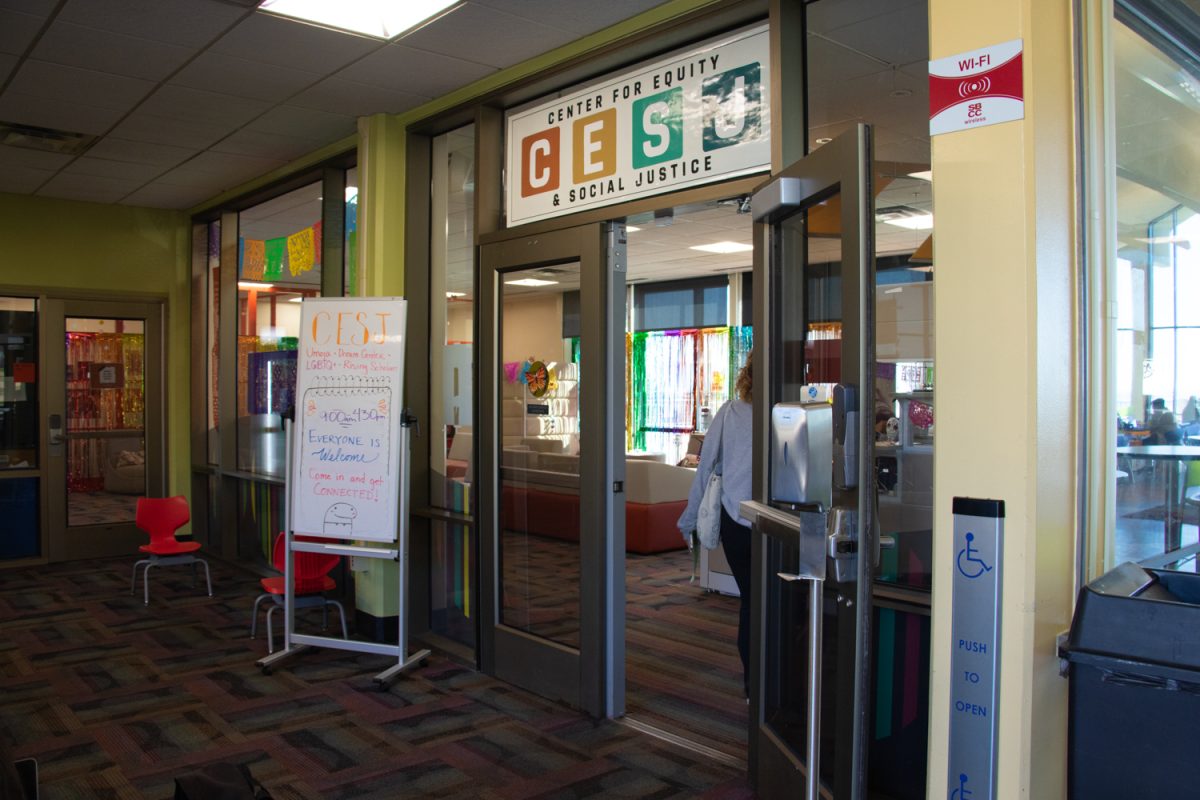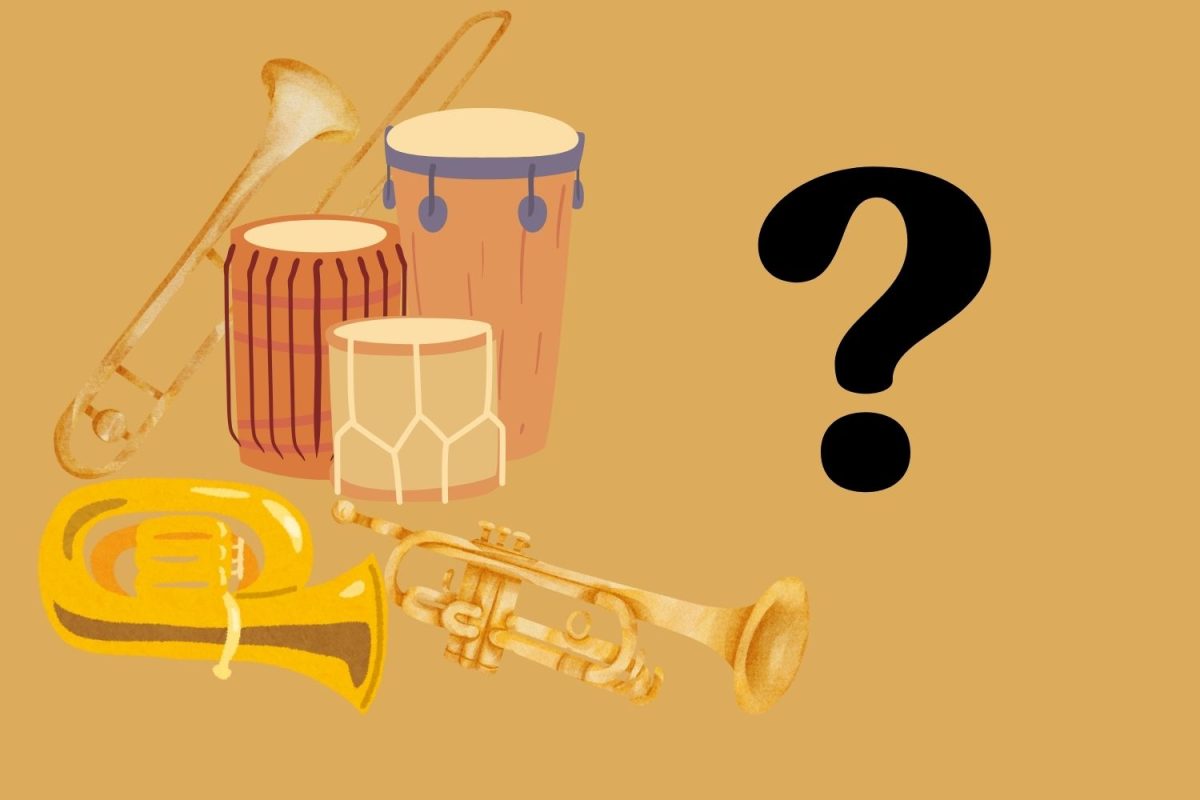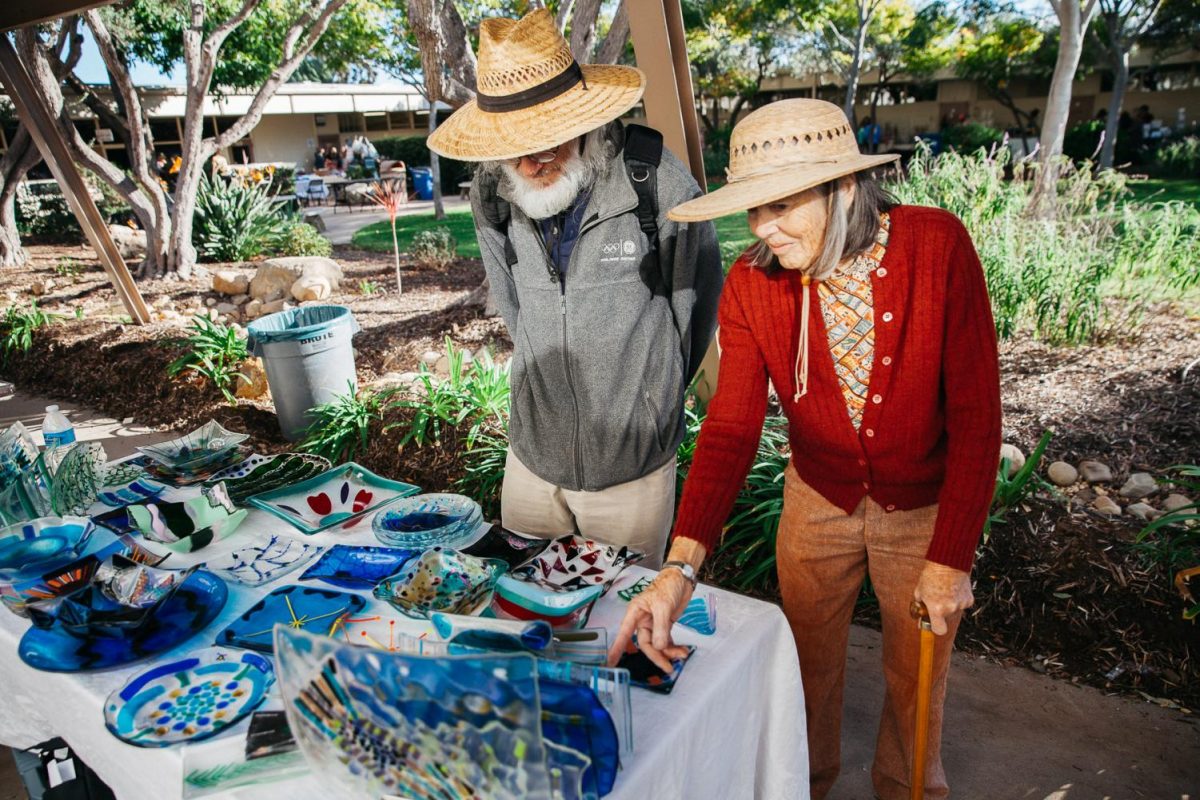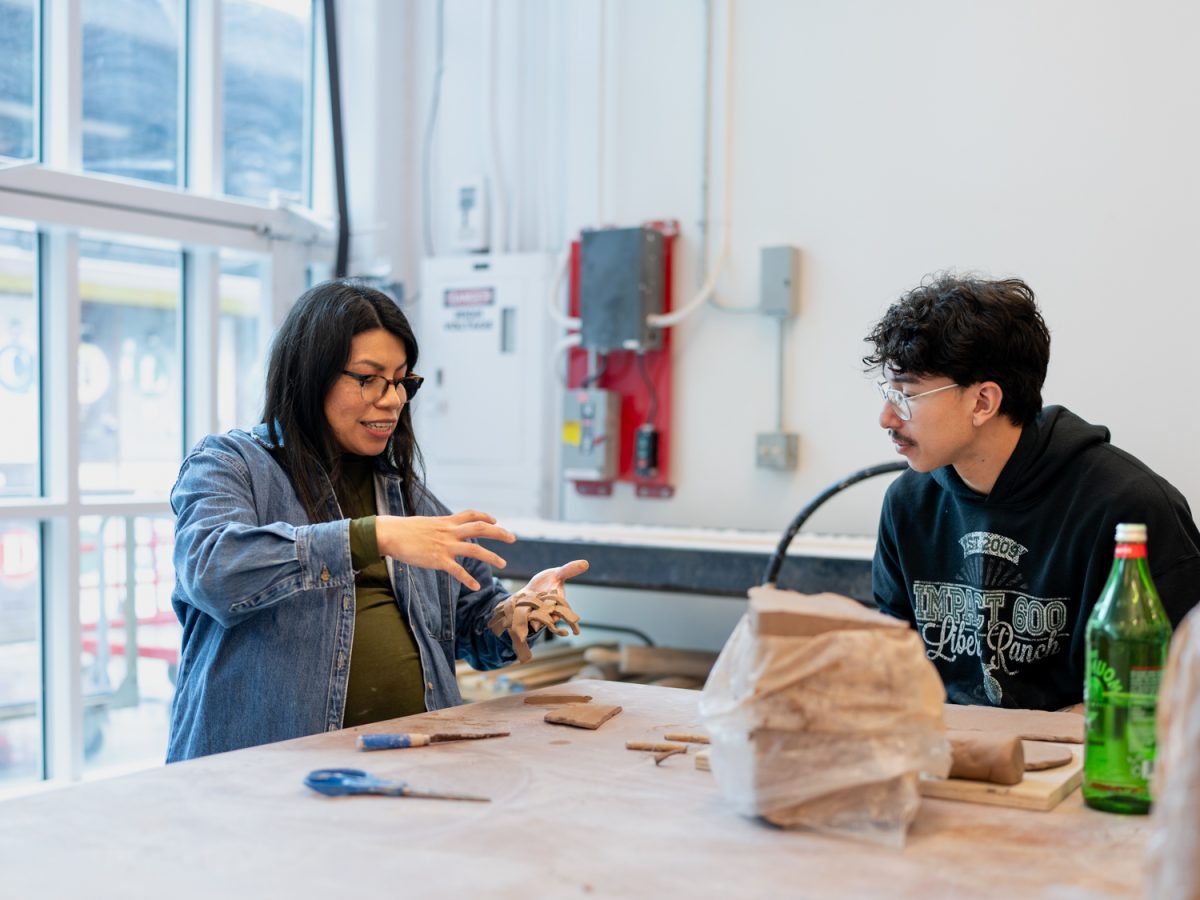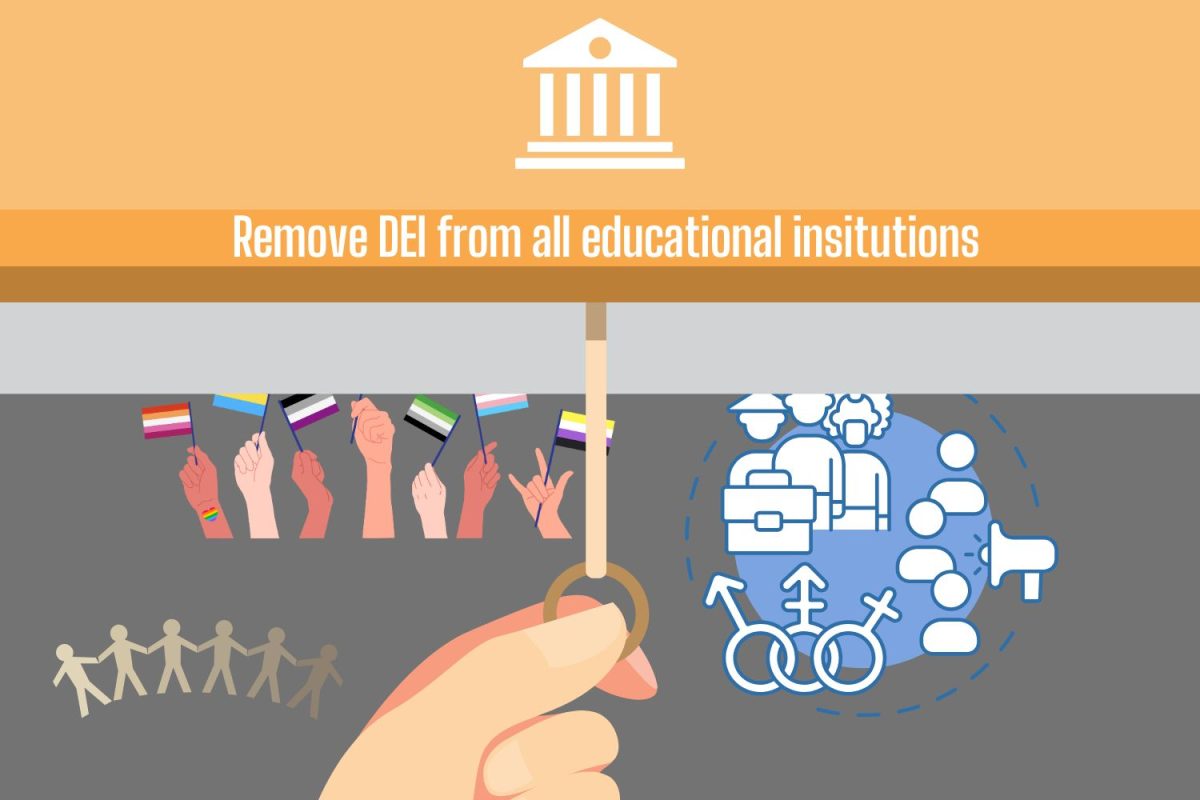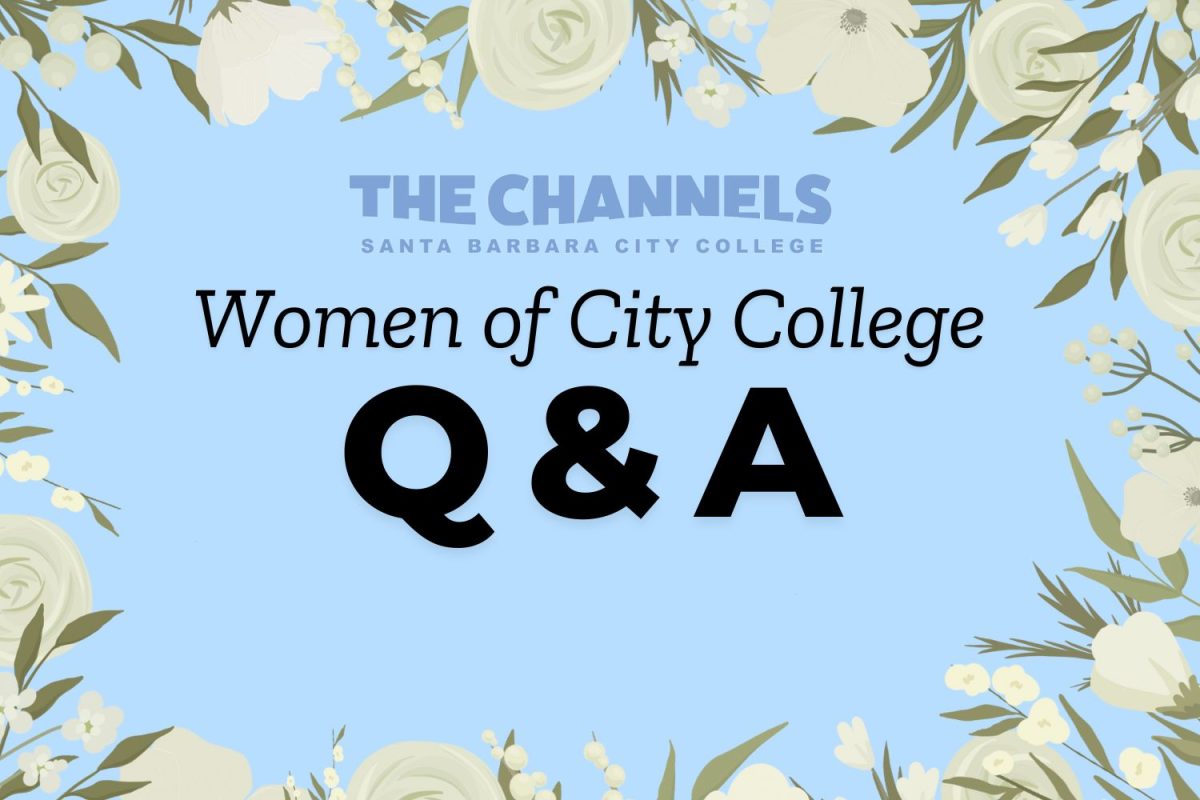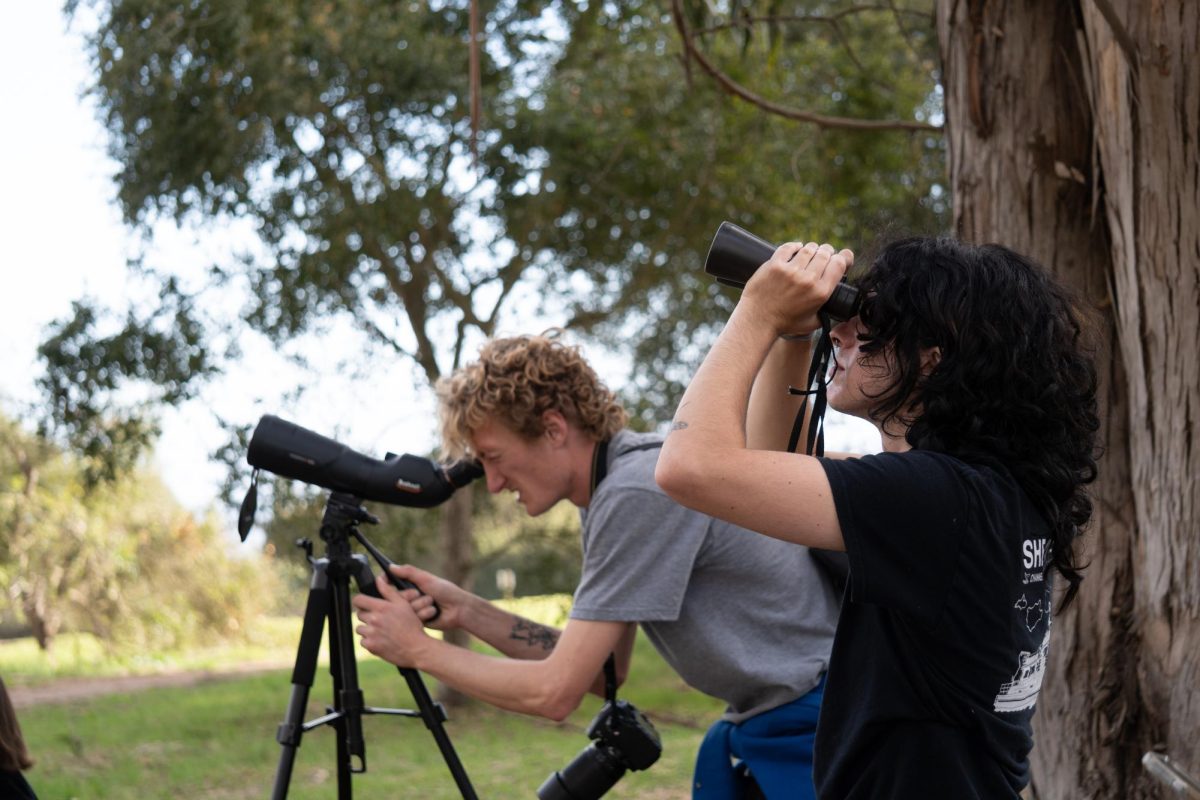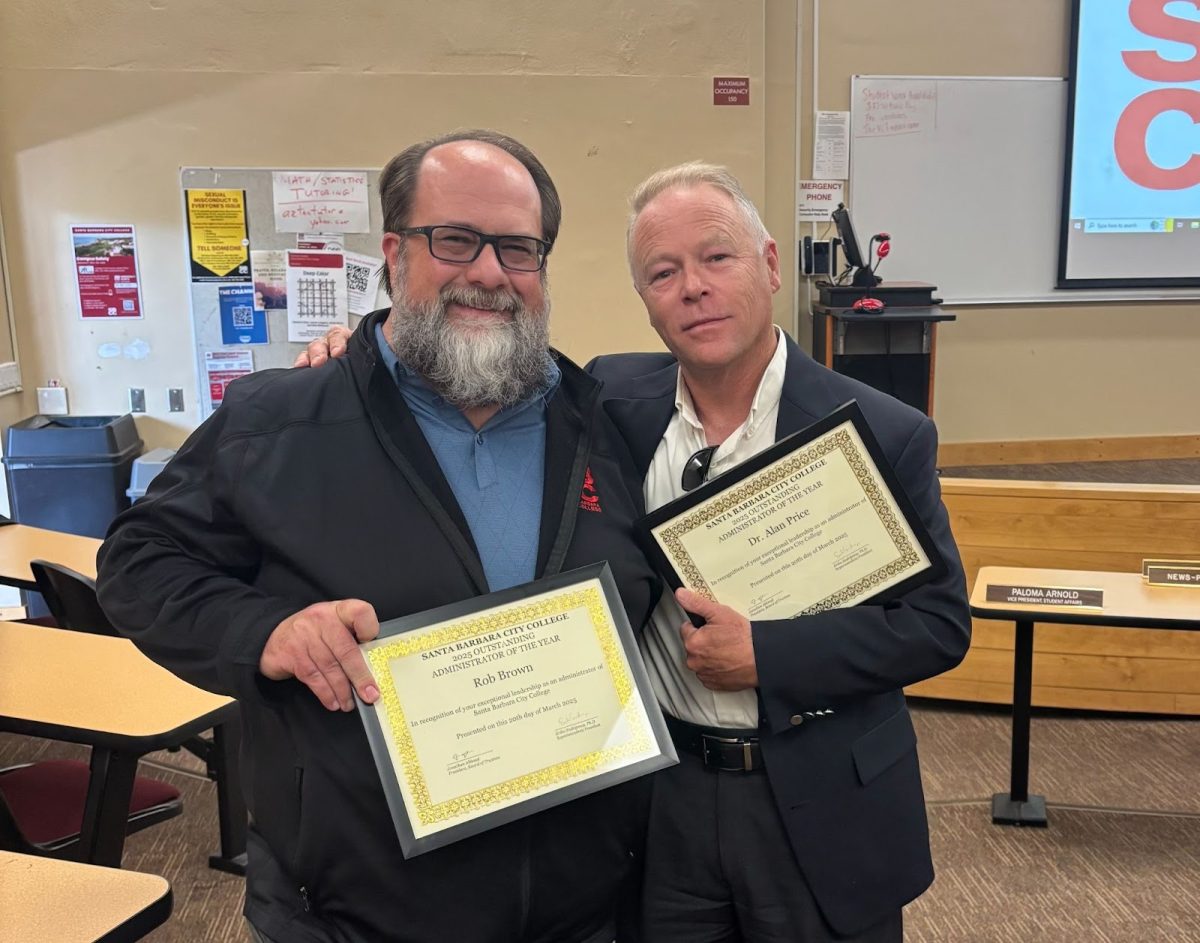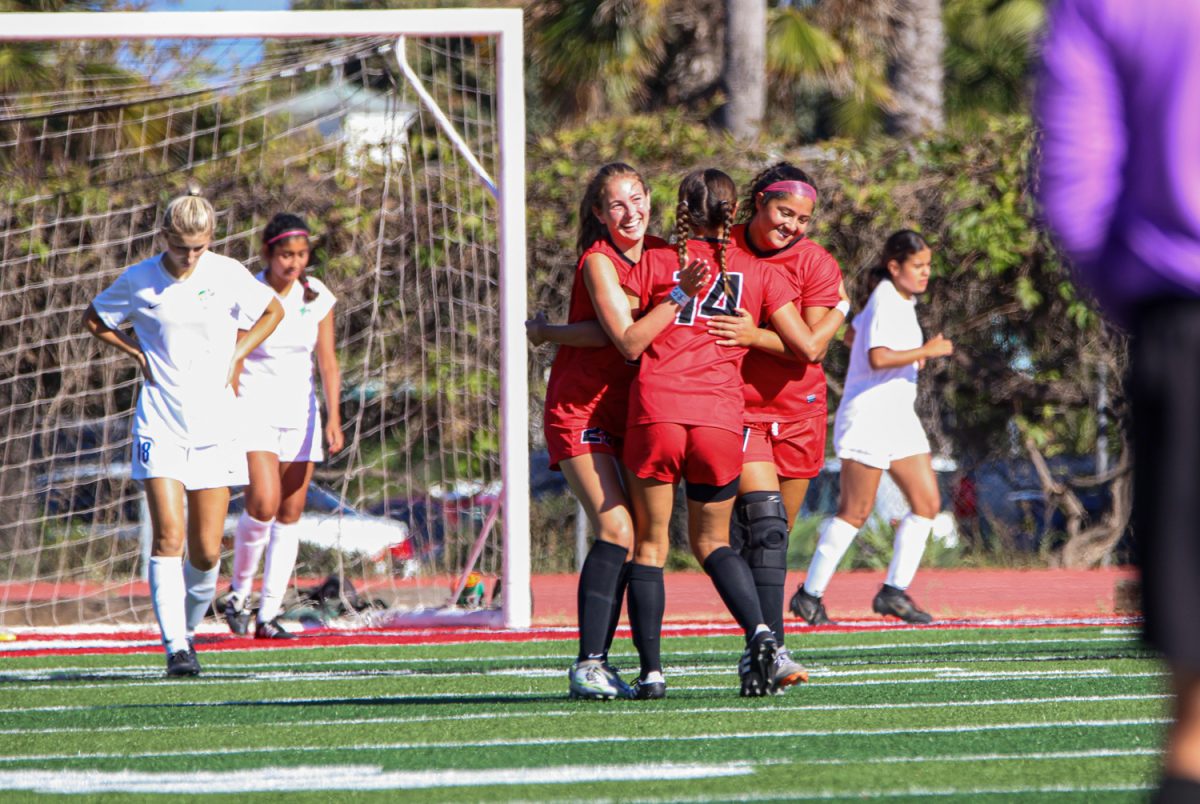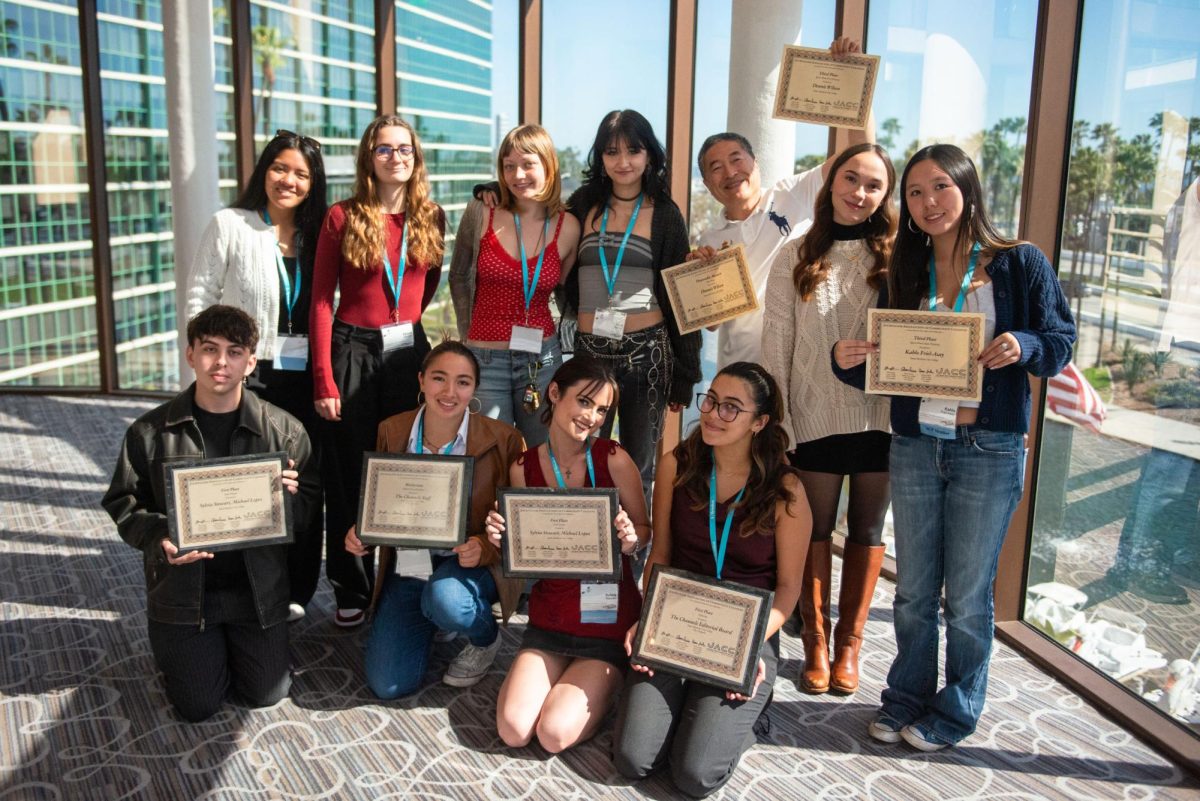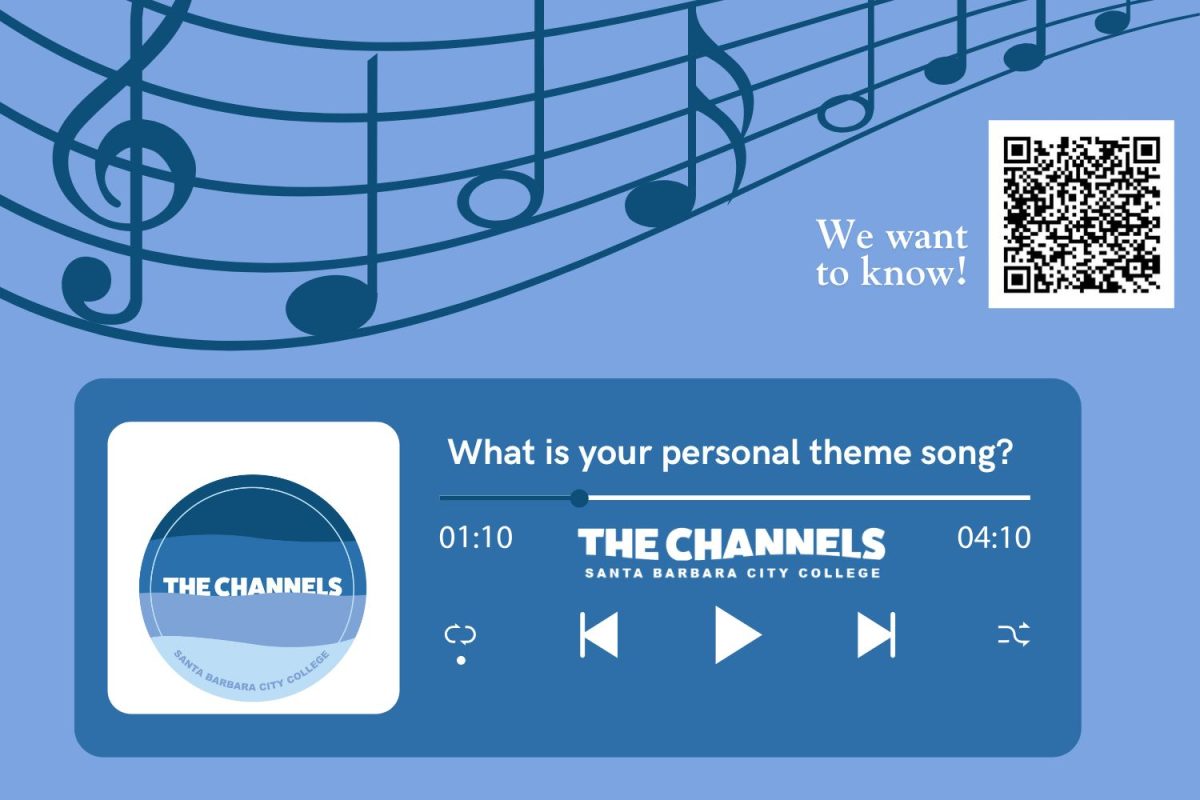Beginning on Oct. 16 and going through Oct. 20, community colleges around California honor Undocumented Student Action Week. According to the California Community Colleges, this will be the seventh annual celebration of undocumented students who attend community colleges, “ensuring that all of our students can achieve their goals and dreams, regardless of their citizenship status.”
City College held its own events this past week, kicking off an event with information on resources for undocumented students. The week continued with live mariachi music and food, as well as free bachata dance lessons at the end of the week.
The events were planned by The Dream Center, with the program’s student advisor Leslie Marin Juarez as one of the main coordinators.
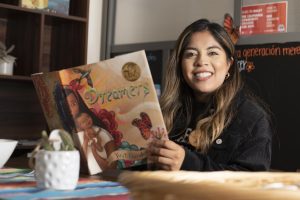
“Undocumented student week of action is a statewide initiative that started about seven years ago,” Marin said. “It’s basically a week…to bring awareness to undocumented student issues, support and resources for those students.”
According to Roxane Byrne, the coordinator of equity, diversity and cultural competency, a lot of community colleges throughout California were initially just participating in the webinars provided by the chancellor’s office, but once City College got the resources to open centers for support, administrators were able to initiate their own events starting in 2019.
“It was just a couple years ago that the chancellor’s office required campuses to have a dedicated person to help support undocumented students and a dedicated space to help serve undocumented students,” she said. “So now that we have that, it allows us to do much more and think about the things we can do in the future.”
Marin shared that because the needs of undocumented students change every year before planning the week of action, she reached out to students and asked what they needed or wanted in support. A lot of the help suggested was regarding the current DACA legislation, more specifically, help with renewals. So Marin organized an in-person clinic on Wed. Oct. 18 on East Campus to help those students.
“All community colleges that have a Dream Center; they all participate to put on events. The most common ones will be when they bring in attorneys to inform students and also allies that want to learn how to support undocumented students regarding immigration issues or how to better support them in classrooms.”
Marin also brought in IMPORTA, a local non-profit providing legal immigration services, and an immigration attorney to do a presentation on common benefits and reliefs for undocumented students. She noted how many students felt intimidated to go ask for help in other departments on campus, and were a lot more at ease in the safe space of the Dream Center that was already familiar to them.
According to Marin and Byrne, these workshops help provide accurate information for these students, instead of spreading misinformation, which so many undocumented people are given when they try to find support.
“Just be informed because undocumented students fear a lot because of misinformation,” Marin said. “When a student reaches out, they don’t get the right information.”
Looking to the future, Marin hopes to expand the events to other City College campuses like Wake Campus and Schott Campus.
Her student worker, Daniela Trasladino, is a STEM major who got help at the MESA Center, City College’s program to help underrepresented STEM students, and is now working at the Dream Center as a student peer mentor for other undocumented students.
“It’s beautiful to watch as her supervisor,” Marin said.
Byrne also has her own plans for future weeks of action. She hopes to have workshops every couple of months instead of just once a year, as well as encouraging many more students to come by and get help. She stated how it’s hard to know how many students they really are helping to graduate when not all undocumented students participate in the program.
Marin also hoped that undocumented students were able meet all the faculty and staff that are allies on campus outside of the Dream Center.
“To them it’s so much more than just a week of events,” Marin said. “It’s a space where they feel that sense of community.”
Both Marin and Byrne encourage everyone to attend the workshops, not just undocumented students.
“The week has two facets. One, to support students, and the other side is to build awareness and understanding of what students need,” Byrne said.


